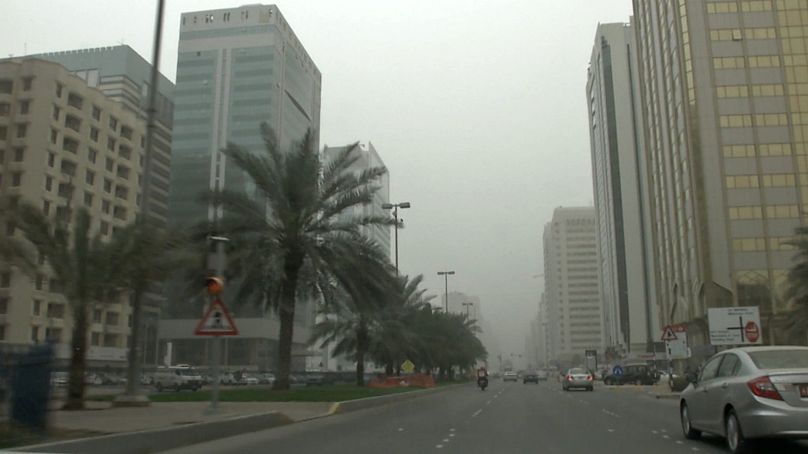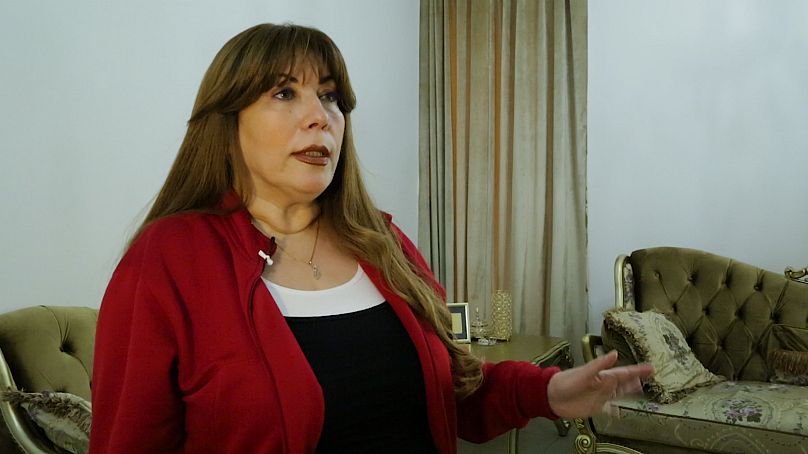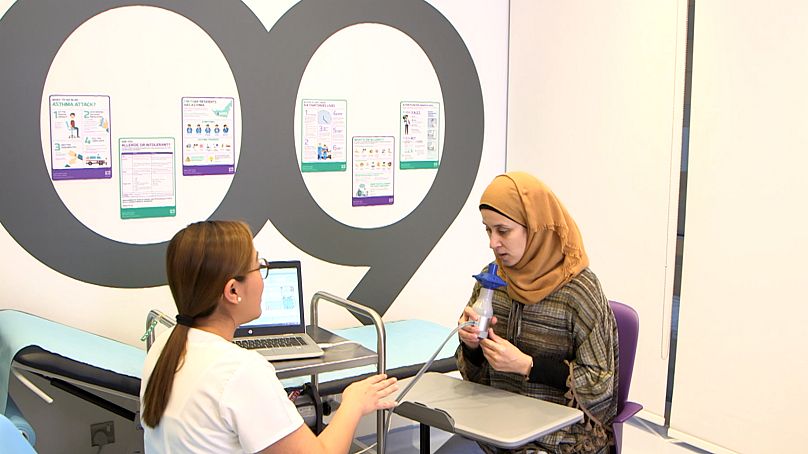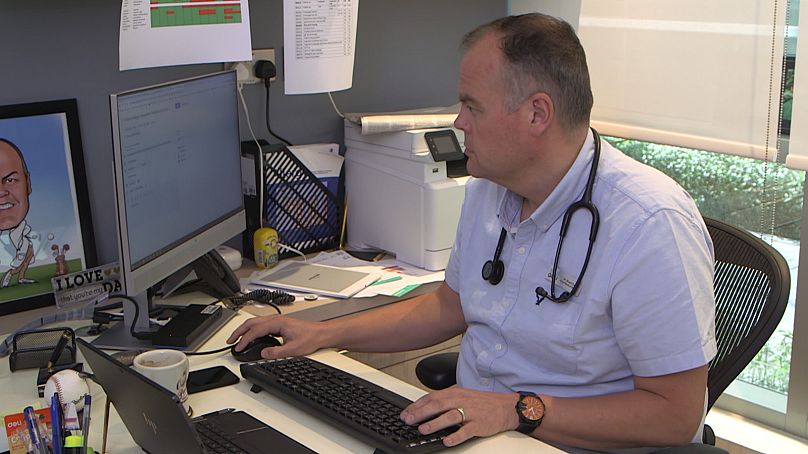The dusty, arid, sandstorm-prone environments of countries of the Arab Gulf, can create a whirlwind of respiratory problems for some regional residents.
The dusty, arid, sandstorm-prone environments of countries of the Arab Gulf, can create a whirlwind of respiratory problems for some regional residents.
A key complaint is asthma, a chronic respiratory disease, which causes airways to be inflamed and narrowed, making it difficult for sufferers to breathe.
In the UAE, an estimated 1.3 million UAE residents, or around 14 percent of the population, suffer from the condition.
There are, however, ways to avoid exacerbating the symptoms of asthma, advise some weather experts.
These include avoiding outdoor activities during the spring and summer months, when strong winds are produced along the Arabian Peninsula.
“This might stir up the dust and sand, transporting it to densely populated cities,” says Majed Alshkeili, the Head of Marine Forecast at the UAE National Meteorology Center. “This has an impact on the general health of people, particularly for those who have issues with their respiratory tracks.”
In addition to weather, a significant contributor to chronic respiratory diseases is air pollution. And according to the United Nations, about seven million people worldwide die a pre-maturely each year due to airborne toxins.
For its part, the UAE intends to raise its air quality from its current level to 90% by next year, as part of its National Vision 2021 agenda.
BREATHING BETTER
Fifty-seven-year-old UAE-resident Khawla Younis, welcomes the clean air initiative, having struggled with asthma for around two decades.
“The humidity would affect me a lot, and the sand, to the point where I would faint for hours from all the exertion,” explains the mother of five, who said her condition used to confine her to her own home. “Afterwards, I would be hospitalised for a week to ten days, for example.”
And as of last year, using $3,500 worth of medicine which she takes by injection every other month, Younis is able to enjoy a more active lifestyle.
REGISTERING THE PROBLEM
Tackling chronic respiratory diseases head-on, the Abu Dhabi authorities announced the creation of a new registry to improve healthcare outcomes and treatments of conditions like asthma.
Awareness is paramount, says allergy specialist Dr. Stuart Carr, who explains that sufferers are often misdiagnosing their symptoms and not seeking proper preventative care.
Overall rates in the UAE are more than five times higher than in North America, explains the medical practitioner who heads-up the country’s first dedicated asthma clinic, Snö Asthma & Allergy Centre.
“Studies in the region show that as many as half of patients with asthma in the UAE have an emergency care visit at some point during the year. Or miss school, or work, because of their asthma,” he says.
Dr. Carr highlights that four percent of patients with asthma in the UAE end up hospitalized annually, remarking that this is an unusually high number.
Conventional asthma medication can include combination of drugs, like corticosteroids, which can be inhaled to reduce inflammation and quickly relax the muscle airways.
And while there is currently no cure for asthma, Dr. Carr believes that with a healthy lifestyle, early diagnosis and regular lung function tests, sufferers could minimize their amount of treatment.















